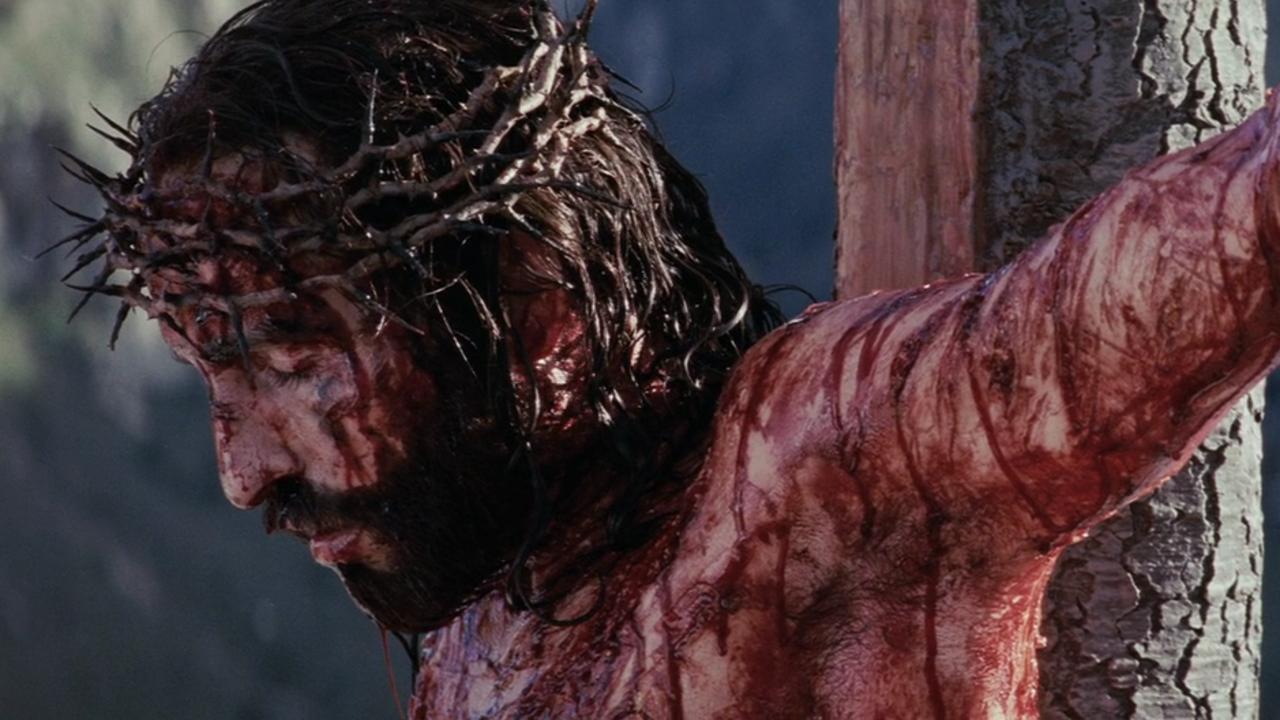I here now camp on to Alan’s most recent post on this topic.
Personal discernment is not of course for any partiscient creature – any creature, that is to say – ever optional. We are here below the orbit of the moon all at bottom, and obviously, left to our own devices, in figuring out what we should do. Such is the condition of Fallen man, alienate from the Truth of his Creator, so subject to Original Sin, ergo mistaken about moral reality, and thus misled – thus tempted, as temptable: as, i.e., concupiscent. This is not at all controversial. It is the perennial teaching of the Church, aye and of Israel. It is no more than what we all find to be the case, qua humans. Everyone whatever admits the truth of it, implicitly; for, in no other way might there be such a thing as a moral difficulty or question, such as we all always suffer, and that ever wrack our minds. So, to discourse upon it one way or another is feeble, beside the point, and so rather a waste of time. Nobody has any option but to do his best to discern the truth, and so the right way forward, according to his best lights. This is obvious. It is as obvious as arithmetic; nay, moreso.
Nuff said re that.
Nobody questions the inescapable requirement of all sentient creatures that they should exercise discernment. On that matter of discernment hangs the entire colloquy of freedom, sin, redemption, atonement, and salvation – which is to say, the entirety of soteriology, and of the practical Christian enterprise (also those of Hinduism, Buddhism, Islam (and Taoism, that apotheosis of the protoevangelium)). So, never mind that. It is not the true question at issue.
The real question is whether in the process of discernment one should admit of correction or guidance from anything other than oneself. If the answer be no, it is ipso facto a repudiation of discernment per se; for, if our process of discernment allows for no influence from without us, why then it is a process, not of discernment properly so called, but rather only of adventitious self will. It is in that case, not discernment at all, but the opposite thereof: simple pride.
Which is to say, fantasy. Which is to say, solipsy.
Continue reading →

